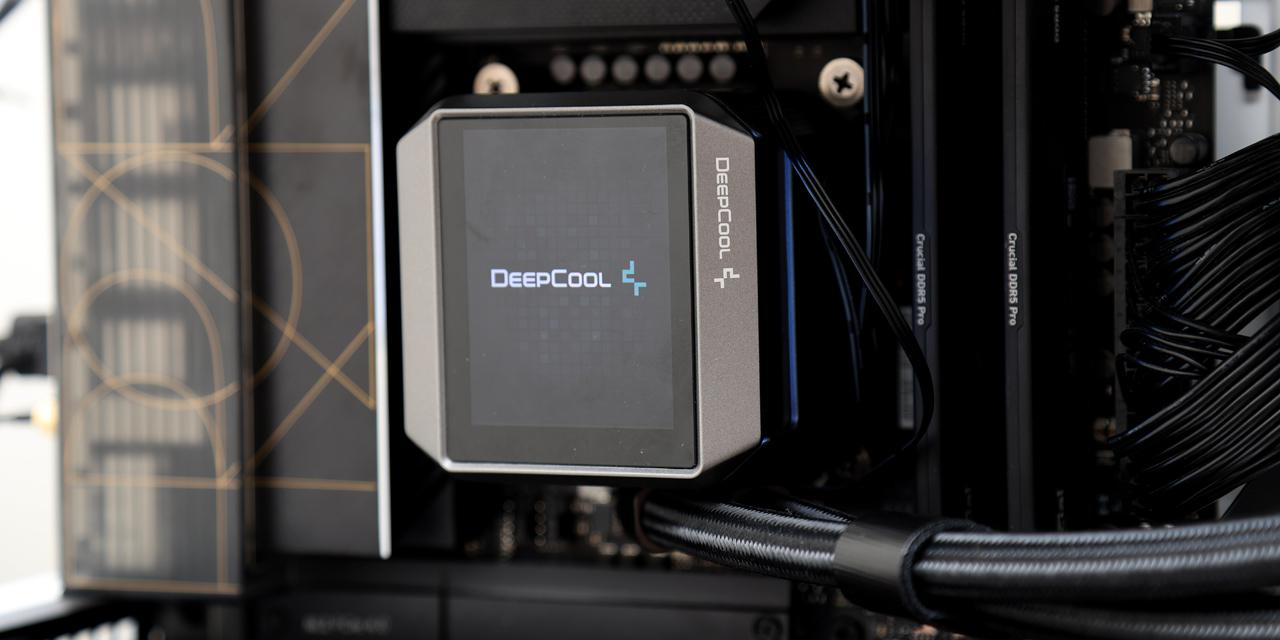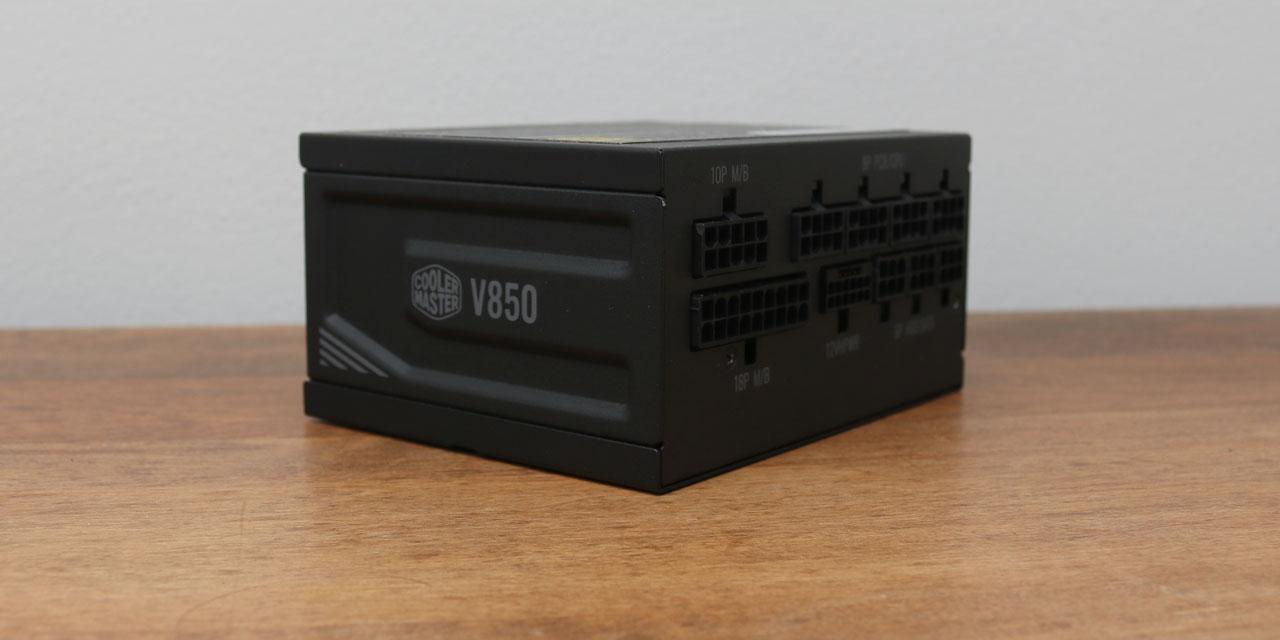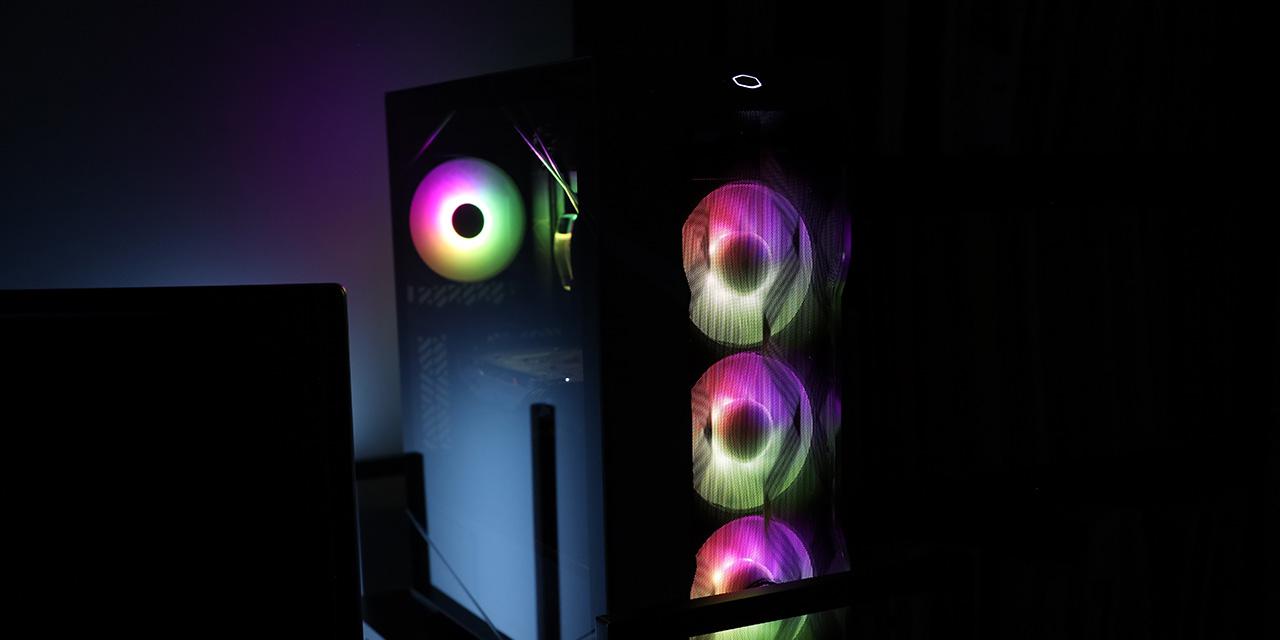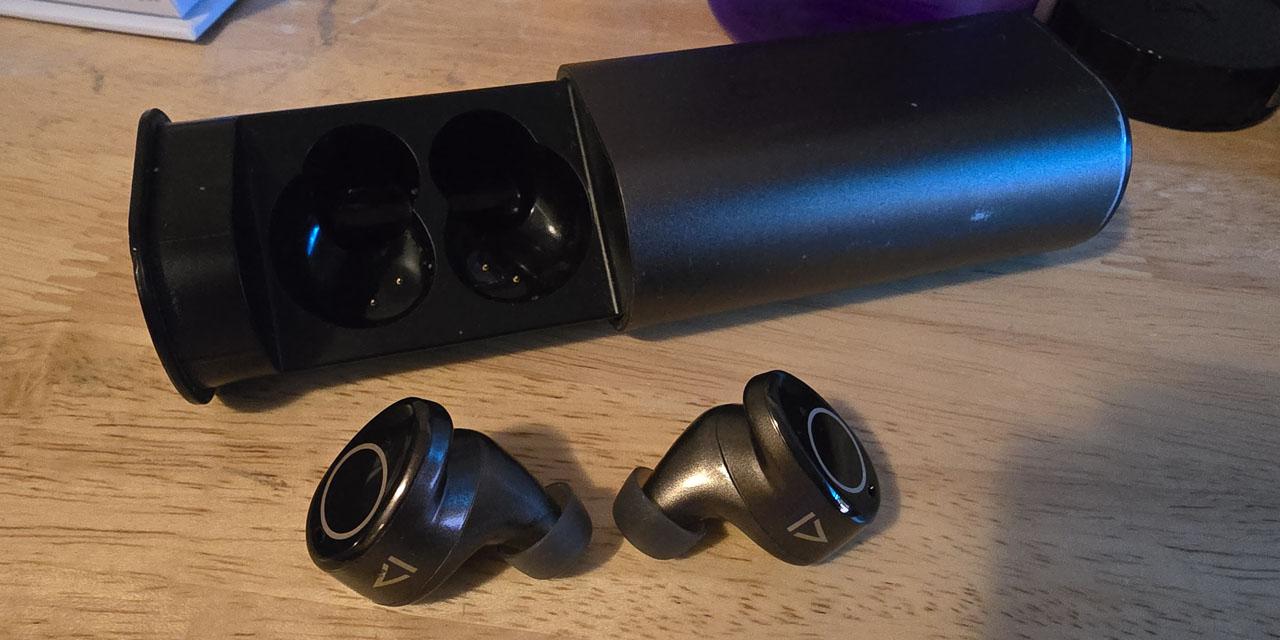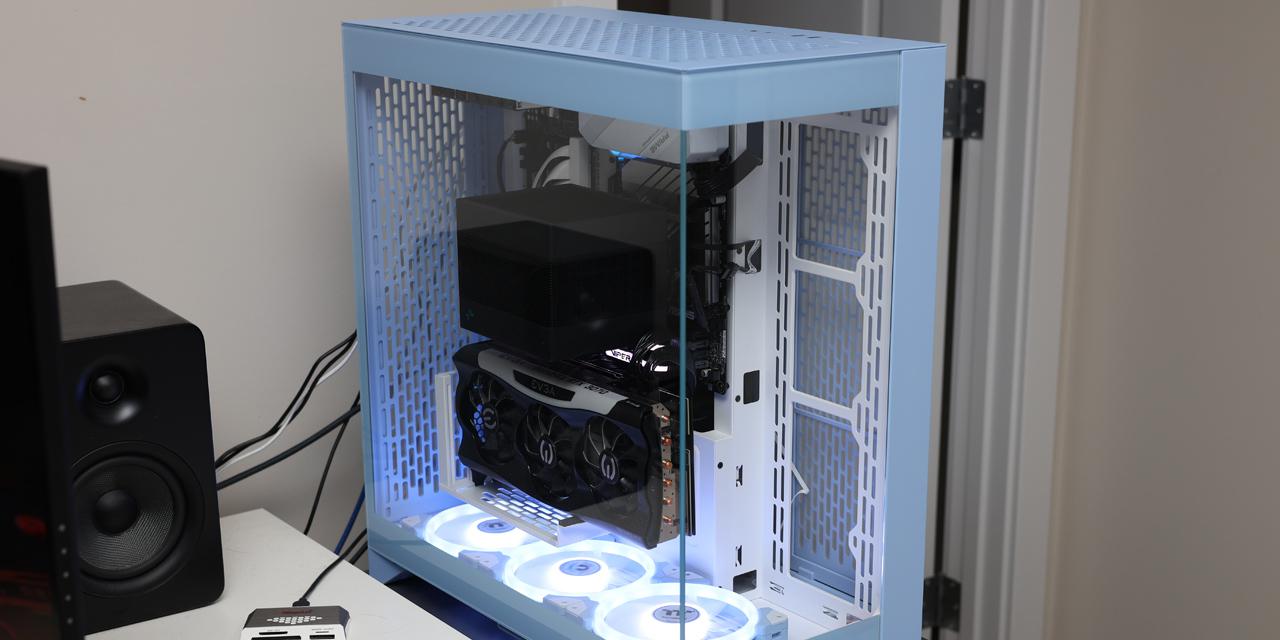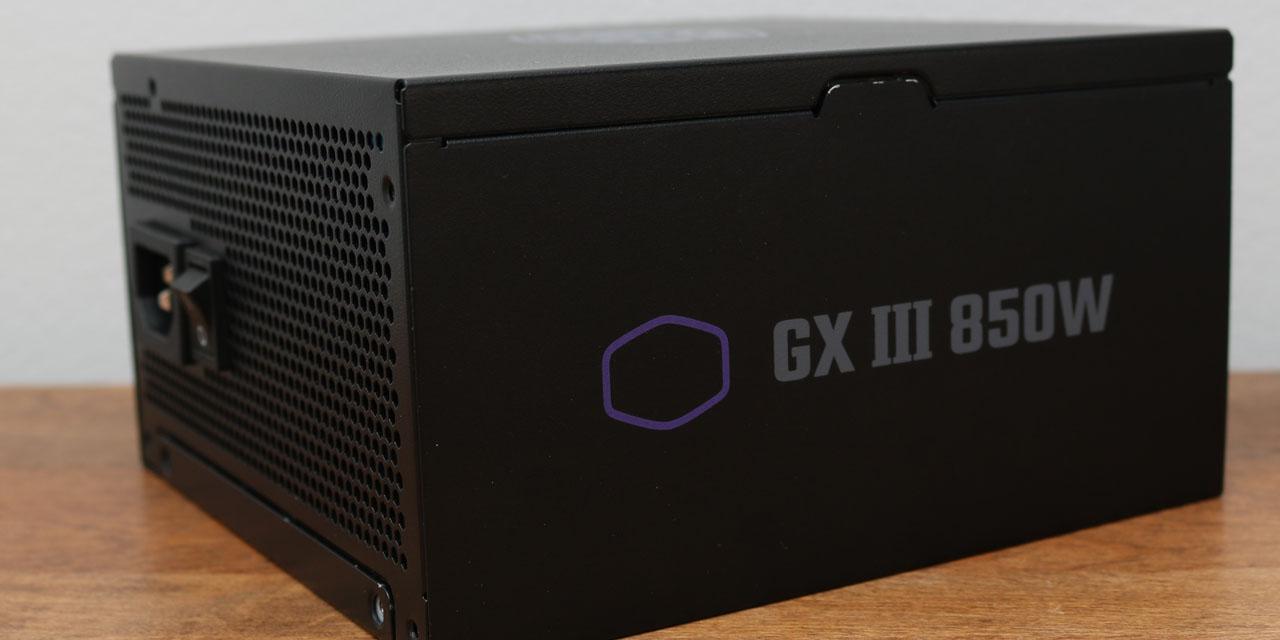|
From X-bit Labs: Advanced Micro Devices on Tuesday announced its first accelerated processing unit (APU) designed for media tablets with Windows 8 operating system. The new chip is a pre-selected version of AMD's Ontario with lowered power consumption, reduced clock-speed as well as a special input/output controller and a number of new BIOS features. “Tablet users seeking an uncompromised experience for both creating and consuming content on the Microsoft Windows 8 platform now have a performance-driven, affordable option with the AMD Z-60 APU. We see a large gap between the lower performance and high-price competitive offerings that allow AMD to be in tablet designs that will please our customers and end users alike,” said Steve Belt, corporate vice president of ultra-low power products at AMD. AMD Z-60 "Hondo" APU features two x86 Bobcat cores clocked at 1.0GHz with 1MB of L2 cache (512KB per core), AMD Radeon HD 6250 graphics adapter with 80 stream processors and video decoding engine as well as single-channel DDR3 memory controller. The most noticeable difference between Hondo and Ontario is power consumption: the Z-60 has maximum thermal design power of just 4.5W. To tailor capabilities of Hondo towards traditional media tablets, AMD developed Start Now technology, which resumes from sleep mode in two seconds, boots to Windows 8 in 25 seconds and syncs to a preferred local network in 1.5 seconds. In addition, Z-60 comes with a special Fusion controller hub (FCH), which has a number of capabilities switched off to reduce power consumption. The AMD Z-60 is AMD’s lowest power APU, which promises 8-hours battery life and form-factors as thin as 10mm. In fact, eight hours of battery life and 1cm thickness are hardly impressive for media tablets, but considering the fact that Hondo is a hand-picked part, not a specially designed system-on-chip for tablets, this may not be a serious issue for AMD. In a bid to better compete for tablets, AMD needs to develop an even lower-power SoC with support for specialized LPDDR2/3 memory, NAND flash storage sub-system, integrated support for cameras and numerous other features. With the current offering AMD might win a design or two for business-/education-oriented tablets or convertibles, but will generally be unable to compete against Intel Atom Z2760 "Clover Trail", not talking about ARM-based SoCs. View: Article @ Source Site |
 |
AMD Introduces Its First Accelerated Processing Unit for Media Tablets
© Since 2005 APH Networks Inc. All trademarks mentioned are the property of their respective owners.
